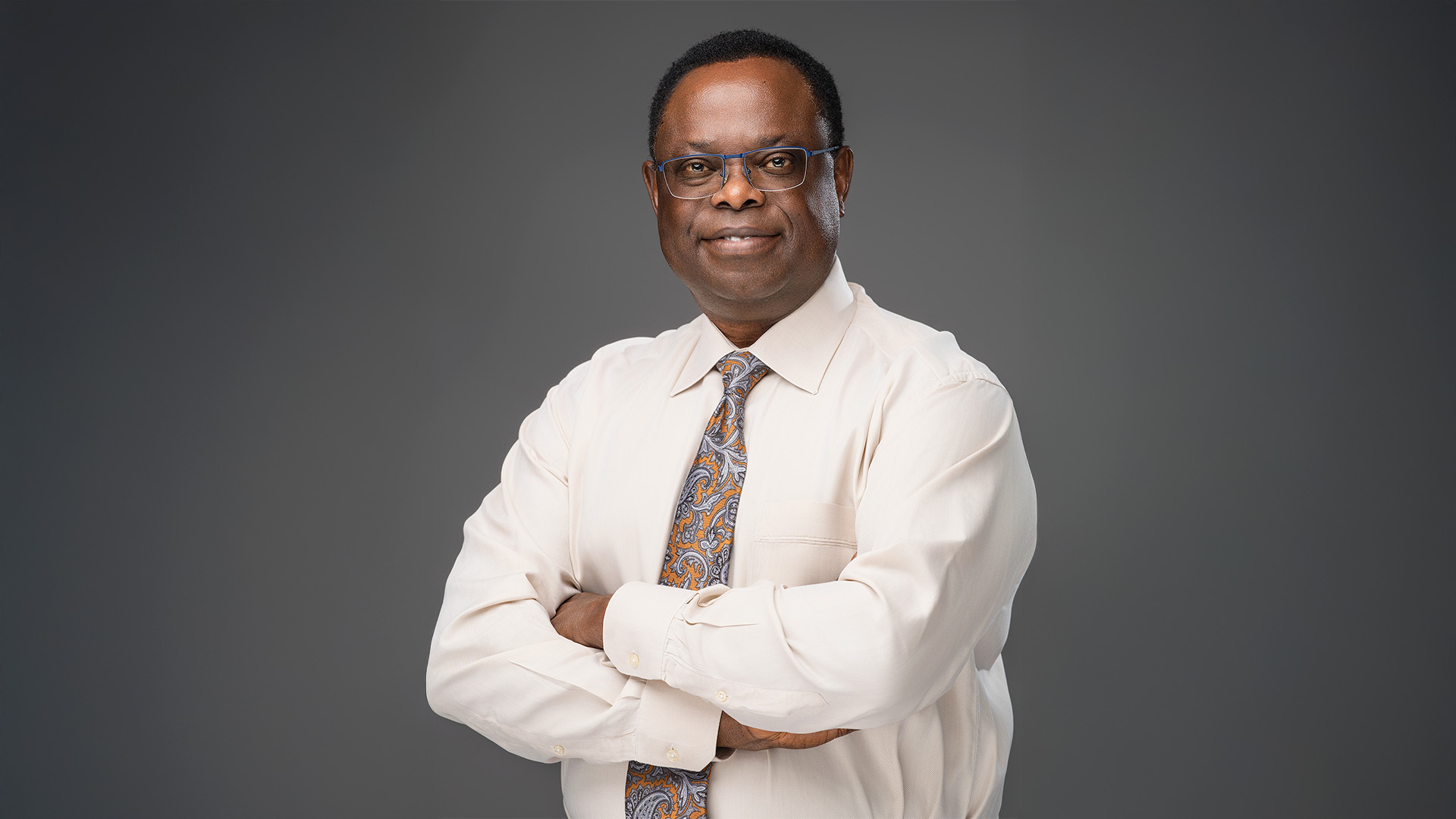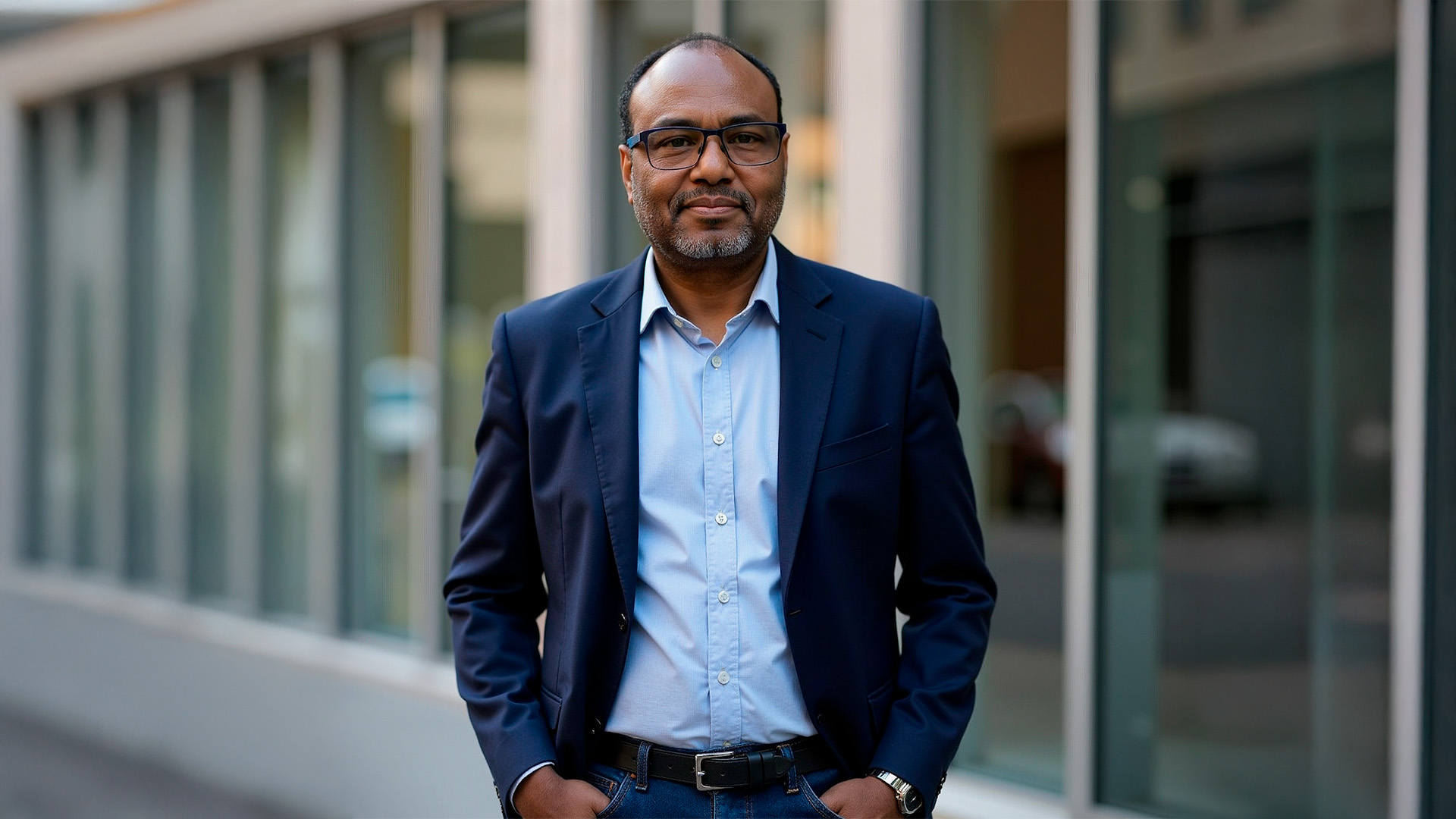Many large infrastructure projects are undermined by weak governance of risk across stages, with failures to anticipate knock-on impacts leading directly to delays and overruns. Most of these overruns are foreseeable and avoidable, according to research from McKinsey, which shows that the absence of professional, forward-looking risk management leaves projects exposed. At the same time, Allianz Trade has highlighted a persistent global infrastructure investment gap, with energy projects in particular facing execution risks, rising costs, and frequent delays, underscoring the difficult environment in which leaders must press for stronger oversight and disciplined risk management.
“Strong governance (risk management, compliance and assurance) saves capital, weak governance destroys it,” says Akin Oni, a board advisor whose well over three decades of work span oil, natural gas, LNG, refining, mining, and major infrastructure. He has led global portfolio teams at asset-intensive Owner and EPC contractor environments, as well as advising boards and private equity firms on capital strategy and governance.
Governance as the Survival Factor
These experiences, spanning projects from Africa to Europe to Oceania to Asia, to The Americas, have given him firsthand insight into how governance practices determine whether projects will protect investor value. The “arteries of global prosperity,” energy megaprojects have the ability to “shape nations, fuel industries, and determine whether we meet climate, energy security, and economic goals,” says Oni.
Oni’s own tenure at Cheniere Energy placed him at the center of multi‑billion‑dollar LNG export terminal developments on the U.S. Gulf Coast; projects that demanded constant vigilance around controls, major contracts management, and governance to avoid the delays and overruns that have plagued similar ventures worldwide. Likewise, he has advised on refinery expansions in Africa and mine developments in Australia where governance challenges threatened delivery, underscoring the scale of the risk when oversight falters.
“Without governance, ambition turns into waste,” he says, recalling early career experiences where he was asked to independently peer review capital investments in which speed to secure market share took precedence over discipline, which nearly resulted in billions being lost and stakeholder relationships almost fractured.
The Four Pillars of Capital Investment Governance
From years of navigating high-stakes investments, Oni identifies four critical pillars of governance that anchor energy megaprojects to purpose and performance.
- Clarity of Vision ensures every dollar of capital ties back to long-term strategy. Projects should only move forward when they demonstrably advance the enterprise’s positioning. “It isn’t about just building,” Oni says. “Every dollar of capital must tie back to a larger vision.” It is about asking the question: “Does this project advance the long-term positioning of the company and the industry?”
- Stage Gate Discipline reinforces the courage to walk away when fundamentals do not hold. Oni cites a major mining project halted after a gate review. “Millions had been spent, but governance told us the fundamentals weren’t strong enough. Sometimes the most courageous governance decision is to say no.”
- Risk and Assurance provide truth-telling guardrails. Reviewing a deep-water expansion in the then Gulf of Mexico, Oni saw assurance highlight schedule risks others ignored. Acting on those insights brought the project in on time rather than years late. “Assurance is the truth teller that protects value,” he stresses.
- Accountability and Stewardship extend governance beyond investment approval. As director of a portfolio of megaprojects, Oni often had to “deliver reports executives did not want to hear,” but he insists good stewardship requires honesty throughout execution, commissioning, and handover. “Governance doesn’t end with approval. It’s a lifelong commitment to stewardship.”
Redefining Governance in a Shifting Landscape
Energy megaprojects today face pressures their predecessors did not. These pressures include the convergence of climate targets with economic demands; investors’ insistence on measurable ESG outcomes; and the disruptive influence of digital technologies on project execution. They also encompass the return of geopolitical risk, where policy shifts, tariffs, or resource nationalism can upend years of planning overnight.
Together, these forces mean governance must now address not just internal project discipline but the wider external environment that shapes performance and investor confidence. Oni highlights three emerging realities reshaping governance frameworks.
First is the energy transition and ESG integration. “I’ve seen investors walk away when ESG wasn’t embedded into an investment. ESG isn’t an add-on, it’s the passport to future capital,” Oni says. Second is digital transformation and artificial intelligence. While AI sharpens cost estimation, risk forecasting, and decision analytics, Oni underscores that technology must remain a tool, not a replacement for leadership. “AI is the co-pilot, not the captain,” he says. Finally, geopolitical volatility looms large. Having worked across every continent except Antarctica, Oni has witnessed political shifts, tariffs, and regulatory changes undo years of planning. “Governance must see beyond the project, into the world around it.”
The Intangibles: People, Culture, and Trust
Oni identifies trust as the defining intangible of governance. Whether within project teams, between executives and stakeholders, or across cultures, trust capital underpins execution. “Where there is no trust, nothing really gets done the right way,” he says. Culture also matters, as project outcomes are influenced by regional norms and societal expectations.
Ultimately, Oni frames governance as a bridge between vision and value. “It is the difference between a project that delivers and one that drains,” he says, urging leaders to recommit to disciplined governance as the engine of confidence, harness technology with integrity, and lead with courage, knowing today’s decisions will echo across generations.
“In the end,” Oni says, “if we master governance, we don’t just build mega projects. We build legacies.”
Connect with Akin Oni on LinkedIn or visit his website for more insights.





